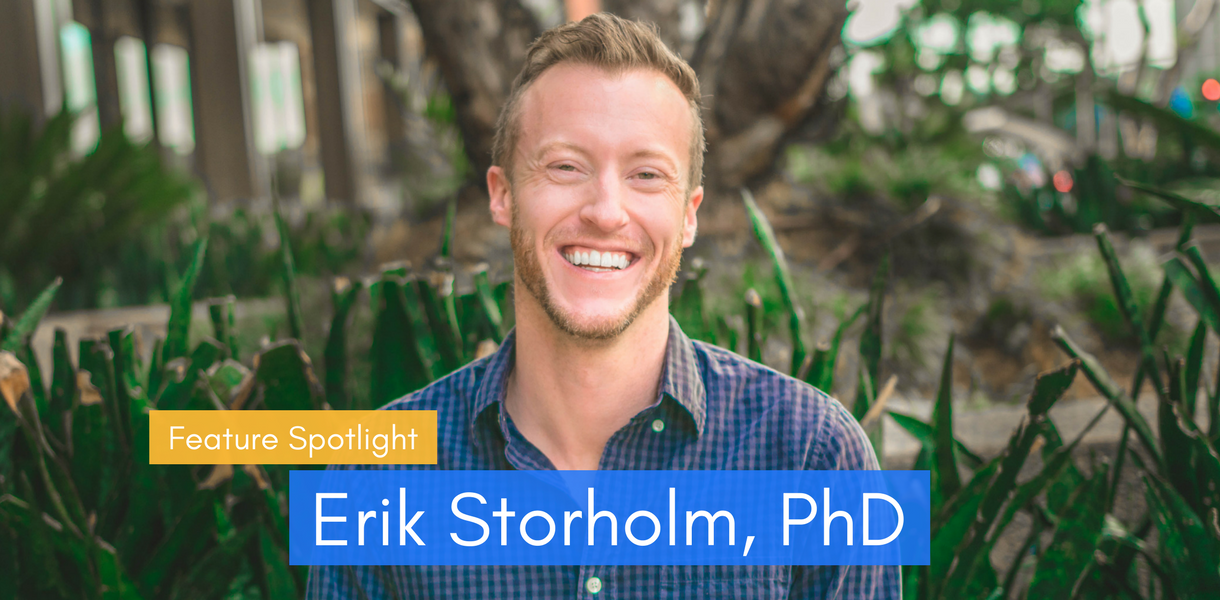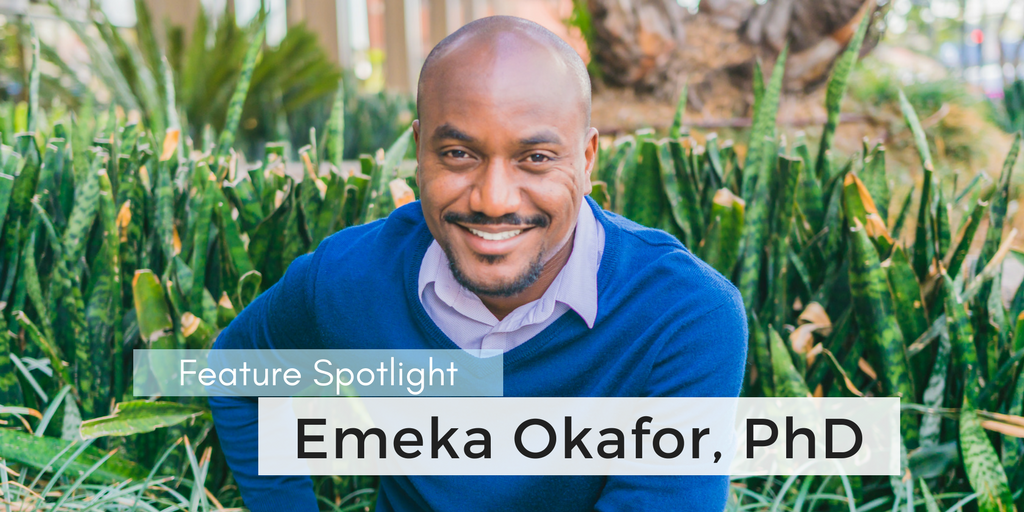Kara Chew, MD, MS, is a Core Scientist in the Combination Prevention Core at CHIPTS. She is an Assistant Clinical Professor in the Division of Infectious Diseases and Center for Clinical AIDS Research and Education (CARE), Department of Medicine, at the David Geffen School of Medicine at UCLA.
Growing up in San Francisco, Kara took an early interest in addressing barriers to health care access for marginalized populations, particularly those who are homeless and uninsured or underinsured. As a result, she gravitated towards studying hepatitis C virus (HCV) and HIV, infections that disproportionately affect marginalized groups, during medical school at Brown and her internal medicine residency at UCSF. She then moved to Los Angeles, where she completed a four-year fellowship program in infectious diseases and clinical/translational research at UCLA. It was at UCSF and UCLA that she was first drawn to and then affirmed her affinity for the community of infectious diseases and HIV clinicians, researchers, and community members who are committed to addressing and reducing health disparities through patient care, science, and advocacy. With the support of great mentors throughout her training, her research experiences evolved from initial basic science training in molecular biology and immunology to clinical research demonstrating that acceptable HCV treatment outcomes could be achieved amongst incarcerated populations, to her current work that integrates clinical research and clinical trials with laboratory-based measures to understand mechanisms of disease.
Kara’s current projects focus on the contribution of HCV co-infection to cardiovascular risk in HIV-infected persons and the potential for HCV treatment to modify cardiovascular risk. Additional projects focus on the barriers to treatment of HCV with direct-acting antivirals (DAA) amongst HIV-infected persons and implementation of HCV DAA treatment integrated with HIV testing and treatment/ linkage to care in resource limited settings with high rates of injection drug use. She is committed to supporting HIV researchers in Los Angeles in developing and executing patient-focused research projects, whether clinical, behavioral, or basic science-based, through the UCLA Center for AIDS Research (CFAR) Clinical Research Facilitation Core and UCLA CARE Center.
In addition to conducting research, Kara sees patients at the UCLA CARE Clinic and the To Help Everyone (T.H.E.) Health and Wellness Centers. She loves having a relationship with her patients and being part of a great team of providers and staff at the clinics, where they jointly work to improve and protect the health and safety of their patients.
Kara loves living in Los Angeles for its weather because it allows her to enjoy the outdoors nearly year-round. She loves the mountains, ocean, art, and music, and the casual nature of Los Angeles, where – for the most part – anything goes. She also enjoys getting on the tennis courts when she can.
Each month, we’re featuring a member of our CHIPTS family and their work! To see past spotlights, check them out on the spotlights page and make sure to check back to see who we feature next!




